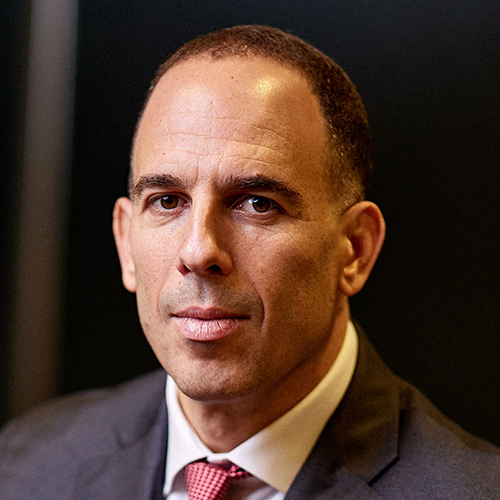From payment provider Alipay to ride-hailing app Grab, new economy companies are blossoming under the twin pillars of their user growth potential and their ability to execute a number of financial transactions on their respective platforms.
Alipay, for example, during Alibaba's self-dubbed shopping festival (Singles Day) last year, processed 1.5 billion transactions. By way of contrast, only 1.2 million transactions took place during the annual Cyber Monday online shopping festival in the United States.
With volumes of transactions increasing year after year, these new economy companies are inevitably in search of banking providers willing to assist them in settling transactions in real-time and internationally.
However, progress remains stifled by technology mismatch. For instance, while typical treasury solutions involving virtual accounts and cash pools are a step in the right direction in servicing these types of companies, they don't address main issue of seamless data transfer between each other. Nevertheless, though the use of APIs (Application Program Interface) as a link under the umbrella of open banking, several banks have looked to embed themselves into the inner workings of their new economy clients to gain a better understanding of the types of services they need from the bank.
"In the last seven years, we have seen a number of companies coming to the fore with very different use cases that they want to bring to market. Being able to serve these new scenarios and still keep the banking aspect intact, is the promise of open banking," says Thomas Nielsen, chief digital officer, global transaction banking at Deutsche Bank.
According to Nielsen, the bank has embarked on a mission to better understand the inner workings of new economy companies. Deutsche Bank a few months ago took a stake in Modo in an attempt to connect with non-bank platforms. This comes fast on the heels of other banks such as Standard Chartered integrating their systems with financial technology companies including Vietnamese e-wallet provider MoMo.
"Open banking allows traditional companies and fintechs to engage with us in a seamless, secure and trusted way without us having to create a bespoke solution for each one," explains Nielsen. I think that open banking has the biggest opportunity for a treasurer and for a bank to essentially become more of a platform player."
However, with more financial data exposed between various parties there are concerns surrounding cybersecurity and data exposure runs the risk of hackers potentially comprising transaction information. Just recently, Hong Kong's airline Cathay Pacific admitted that 9 million of its customers had their data accessed by an unknown third party.
Therefore, analysts urge that during the transition to more open banking relationships between banks and new economy companies attention should be focused on ensuring the API links are robust enough to withstand a potential cyberattack from an external party.









